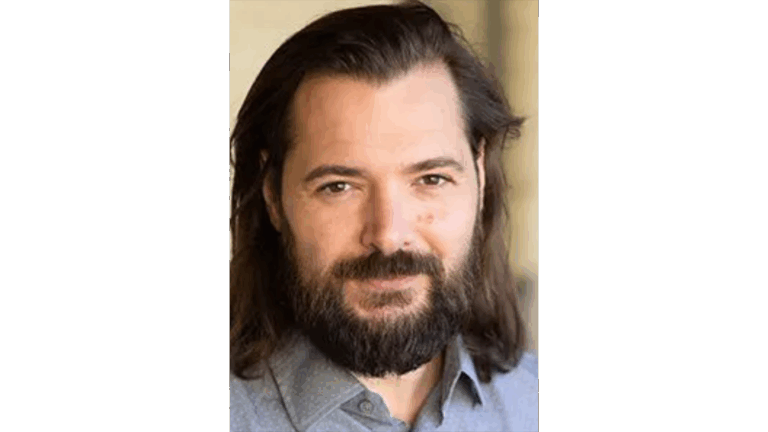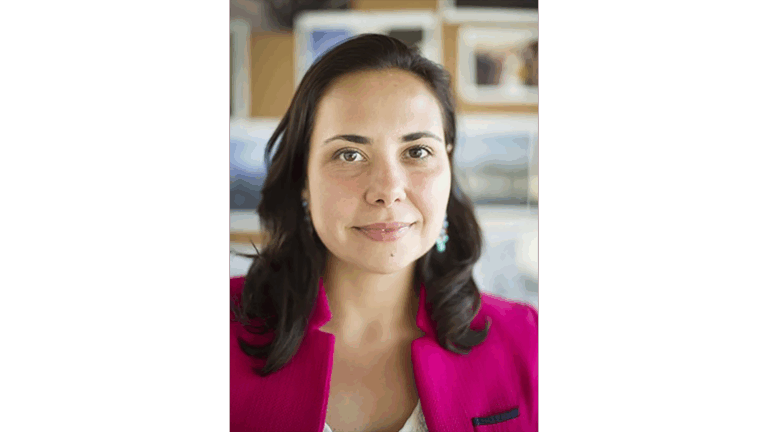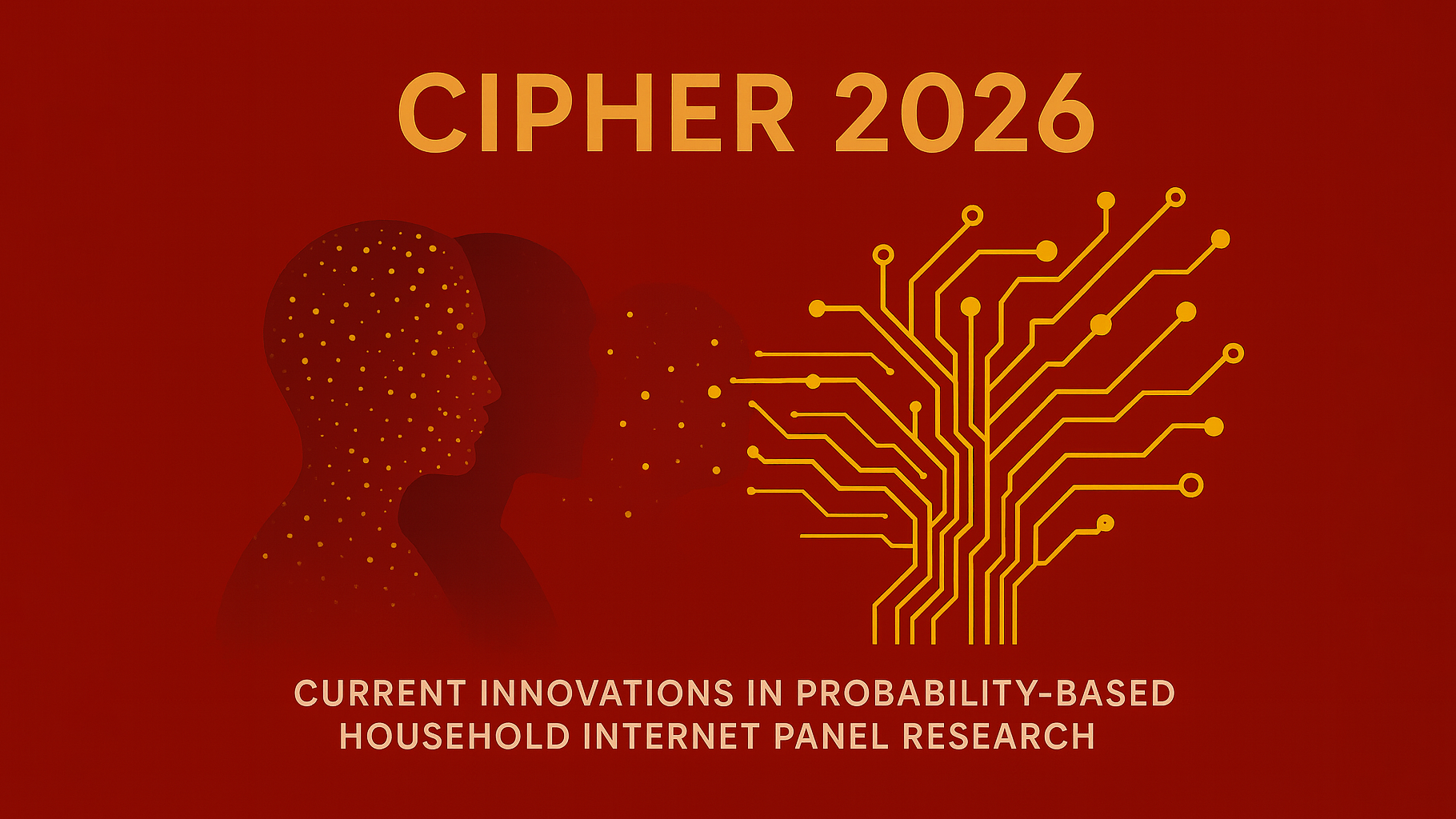CESR Seminar and Brown Bag Series
For more information on the seminar presentations, or if you would like to attend the presentation, or to meet with any of the speakers, please contact Dan Bennett or Dan Silver.
For more information on the brown bag presentations, or if you would like to attend the presentation or be added to our list for announcements, please contact Michele Warnock.
Travis Lybbert | UC Davis
Monday, February 23
12pm – 1pm
Zoom
Abstract: Psychosocial development interventions often carry implicit cultural assumptions that may conflict with local culture and norms, potentially reducing their effectiveness. Yet, the costs of such cultural incongruence likely vary by context and fade as individuals become familiar with different cultural frames. We study the causal impact of two versions of a psychosocial intervention in a randomized trial with female microfinance members in Vietnam, a setting where different cultural models of agency coexist. Participants received a training emphasizing either independent or interdependent agency, or no training. Both arms improve economic outcomes, and limited heterogeneity by baseline cultural orientation suggests limited costs of cultural incongruence in this setting.
Bio:
Travis J. Lybbert is Professor of Agricultural & Resource Economics at the University of California Davis, Affiliate of J-PAL and the Center for Effective Global Action at UC Berkeley, and Chair of the Standing Panel for Impact Assessment of the CGIAR. He works on topics in applied microeconomics ranging from poverty dynamics, hope and aspirations, and nutrition to digital financial inclusion, agricultural technology adoption, and innovation policy. His collaborations with researchers, students, NGOs, governments, and private firms have addressed questions in a wide range of fields and locations, including India, Haiti, Mexico, Sub-Saharan Africa, North Africa, the U.S., and Europe.
Wilbert van der Klaauw | Federal Reserve Bank of New York
Monday, March 2
12pm – 1pm
VPD 203 and Zoom
Abstract: We study the spillover effects of cognitive decline in one member of a coupled household on the financial outcomes of their partner and assess how “own” and spillover effects are moderated by the structure of household financial decision making. We use a large, nationally representative longitudinal dataset spanning 2000-2017 that includes credit report data merged at the individual level with Medicare claims and enrollment data. We find the own adverse financial consequences of cognitive decline depend on household financial integration and other characteristics associated with household financial management, and find significant, albeit smaller (vs own), adverse financial spillover effects on partners
Bio: Wilbert van der Klaauw is an economic research advisor in Microeconomics. He is also the director of the Center for Microeconomic Data and chair of the Research Group’s Workforce and Recruiting Committee. He is a labor economist and applied econometrician whose research interests include the study of life cycle labor supply and occupational choice decisions, household financial behavior and expectations, the economic determinants of household formation and dissolution, educational investment and productivity, and econometric approaches to program evaluation. Prior to joining the New York Fed, Dr. van der Klaauw was a Professor at UNC-Chapel Hill and Assistant Professor at New York University. He holds a Ph.D. from Brown University.
Heather O’Connell | LSU
Monday, March 9
12pm – 1pm
VPD 203 and Zoom
Abstract: Institutionalized racism stemming from the historical practice of slavery supports persistent racial inequalities in health, advantaging Whites and disadvantaging Black Americans. We advance the literature by empirically testing the role of migration in spreading this legacy of slavery across the United States. We begin by estimating county-to-county migration flows for White residents of counties historically dependent on slavery (1880 to 1910). Newly released data from the Census Tree project allow us to do this at a scale previously unattainable. We use these migration flows to create a novel proxy of exposure to the institution of slavery that extends beyond the US South. We employ spatially-informed data analysis techniques to examine the patterning of White migrants from slave-dependent counties; and the relationship between this proxy measure and contemporary county-level Black-White inequality in premature mortality. Results provide a critical foundation for debates regarding persistent racism, Black-White inequality, and reparations.
Bio: Heather A. O’Connell is an Associate Professor of Sociology at Louisiana State University. Her research centers on understanding race and the persistence of racial inequality in the United States. While pursuing this objective, she has given notable attention to the enduring structural consequences of historical institutions, particularly slavery. She has published on topics related to the legacy of slavery as well as Confederate monuments in journals such as Social Forces, Sociology of Race and Ethnicity, DuBois Review, and Demography.
Alycia Chin | Securities Exchange Commission
Monday, March 23
12pm – 1pm
VPD 203 and Zoom
Abstract: To evaluate mutual funds, many investors use mutual fund factsheets, short advertising documents containing product information. The design of mutual fund factsheets is subject to limited regulation, leading to potential concerns that the design of factsheets may be used to sway how investors perceive funds. To better understand these product advertisements, we first hand-collect factsheets for all mutual funds. We use a computer algorithm to examine the content of these factsheets, documenting naturally occurring variation in how mutual fund companies choose to present their funds. In addition, we conduct an online study in which 452 participants review a randomly selected mutual fund factsheet, from an underlying set of 142. Each factsheet was reviewed by up to 40 participants. We find that factsheet design features were associated with perceived mutual fund appeal, over and above standard objective measures of performance (alpha) and risk (beta). Specifically, funds were rated as more appealing if their factsheets were perceived as being more visually attractive or easier to understand, and when they made key information easier to find. Additionally, mutual fund appeal was greater when factsheets included a performance table or performance line graph, and omitted information about net expenses. Most of these factsheet design features were similarly associated with ratings of mutual fund appeal among both experienced and inexperienced investors, with few exceptions. This project provides insight into how advertisements can affect investor perceptions and provides evidence that standardization of fund factsheet design features may be needed to avoid swaying investors.
Bio: Alicia Chyn is a representative of the U.S. Securities and Exchange Commission (SEC), where she supports the agency’s mission to protect investors, promote fair and efficient markets, and facilitate capital formation. Her work focuses on advancing regulatory compliance and public trust in the financial system.
Colleen Carey | Cornell
Monday, March 30
12pm – 1pm
VPD 203 and Zoom
Abstract: State medical boards enforce care quality standards by disciplining physicians via publicly disclosed administrative actions. We use a novel dataset of 70,000 state medical board actions in more than 40 states over the years 2008-2023 to report the first estimates of the effect of these disciplinary actions on physician careers. We find that 2.5\% of physicians ever receive a disciplinary action over this time period. We link these actions to administrative records on physician practice settings as well as large-scale medical claims to study how physician practices and labor supply change after discipline. We use a difference-in-differences research design leveraging variation in treatment timing among ever-disciplined physicians. We first report that many disciplined physicians continue to practice; this is true even for a substantial minority of those losing their license in a particular state. Disciplined physicians are twice as likely as not-yet-disciplined physicians to begin practicing in a new state. Disciplined physicians who continue to practice supply fewer claims, though are no less likely to have a hospital affiliation or be in solo practice; they are more likely to work in prison, tribal, or military clinics. By providing the first national evidence on the prevalence, correlates, and consequences of physician discipline, our study informs the optimal scope and design of state oversight.
Bio: Colleen Carey is an Associate Professor in the Department of Economics and the Brooks School of Public Policy at Cornell University. Carey’s research focuses on the economics of markets for health care and health insurance. She has held Federal service roles at Council of Economic Advisers (Staff Economist, 2011-12) and Centers for Medicare and Medicaid Services (Fellow, 2024-25). Previously, she was a Robert Wood Johnson Scholar in Health Policy Research at the University of Michigan and a visiting researcher at Princeton University’s Center for Health and Wellbeing
Jessica Hoel | Colorado College
Monday, April 6
12pm – 1pm
VPD 203 and Zoom
Eric Kramon | USC Dornsife
Monday, April 13
12pm – 1pm
VPD 203 and Zoom
George Ploubidis | Unversity College London
Monday, April 20
12pm – 1pm
VPD 203 and Zoom
Zachary Wagner | USC CESR
Monday, April 27
12pm – 1pm
VPD 203 and Zoom
Greg Duncan | UC Irvine
Monday, May 4
12pm – 1pm
VPD 203 and Zoom
Social-Science Genetics Seminars
Lucas Matthews | Hastings Center for Bioethics
Thursday, March 5
9am – 10am
Zoom (See email for Zoom link)
Lauren Schmitz | University of Wisconsin-Madison
Thursday, April 2
9am – 10am
Zoom (See email for Zoom link)
Silvia Barcellos | University of Wisconsin-Madison
Thursday, May 7
9am – 10am
Zoom (See email for Zoom link)
Conferences
CIPHER 2026
In its eighth installment, the Current Innovations in Probability-Based Household Internet Panel Research (CIPHER) Conference expands its scope to include artificial intelligence (AI) as a new area of focus. As always, CIPHER builds on a rich legacy of methodological innovation, international collaboration, and emerging data modalities. Bringing together researchers, technologists, and policymakers, this year’s conference will explore how AI can enhance panel design, data quality, respondent engagement, and ethical governance. Join us as we chart the future of probability-based internet panels at the nexus of artificial intelligence and survey science.
















